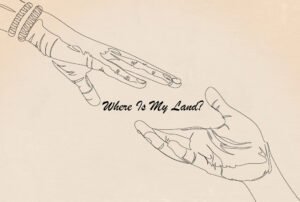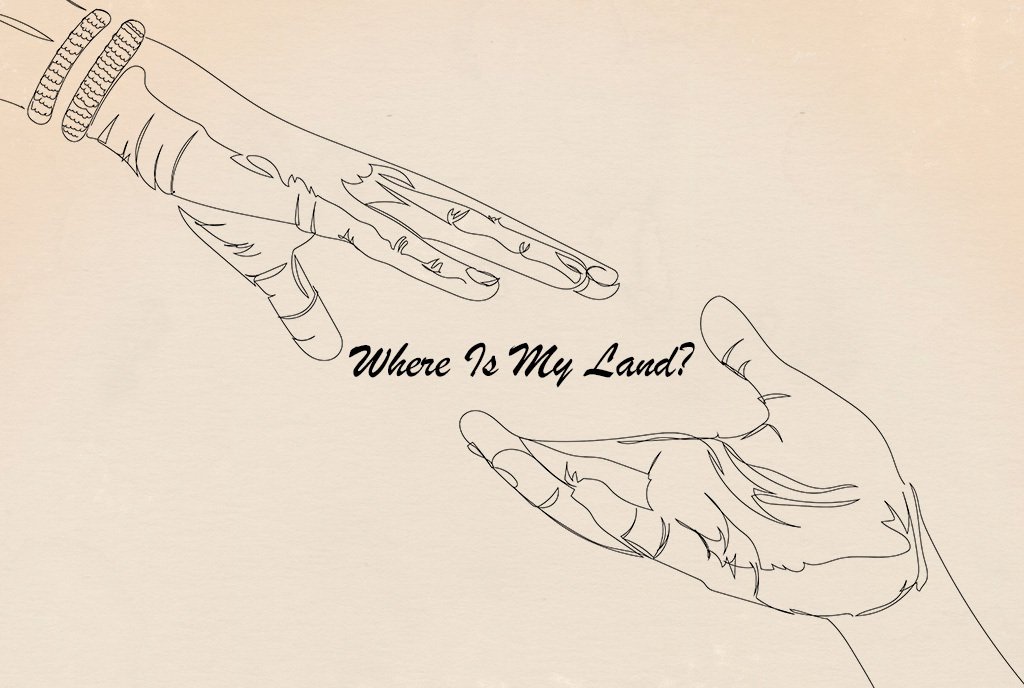
June 5, 2017; Washington Post and New York Times
Writing an opinion column for the Washington Post entertainment section, Phillip Kennicott proposes that it is well past time for arts groups to refuse contributions from Charles G. and David H. Koch. His reasoning is notable for its existential power. Will others take it as seriously as they should?
“At the heart of every aesthetic experience is the hope that someone, in the future, will experience the same thing, and that some part of our living consciousness, made manifest by a painting, symphony or great poem, will be replicated and repeated by other beings whom we will never know.”
Art, then, he says, represents a longing for and a link between past and future. It is not meant to stand alone, because art needs that drive to carry forward the tale.
“That won’t happen if the planet dies,” Kennicott writes.
Charles G. and David H. Koch, he points out, are very generous supporters of traditional arts organizations like Lincoln Center and the Metropolitan Museum of Art in New York, but they have also, as the leaders of Koch Industries and Americans for Prosperity, invested heavily in campaigns intended “to sow doubt about climate science and undermine the nation’s faith in basic science,” as the New York Times reports.
Sign up for our free newsletters
Subscribe to NPQ's newsletters to have our top stories delivered directly to your inbox.
By signing up, you agree to our privacy policy and terms of use, and to receive messages from NPQ and our partners.
Government rules intended to slow climate change are “making people’s lives worse rather than better,” Charles Koch explained in a rare interview last year with Fortune, arguing that despite the costs, these efforts would make “very little difference in the future on what the temperature or the weather will be.”
This, he says, led directly to President Trump’s justifications for pulling out of the 2015 Paris Climate Accord.
Kennicott asserts that we justify our belief that a gift to art triumphs over basic human need, at least in large part, “because we think of the good offered by a museum or opera house as a potent but intangible improvement to the general character of the society. They make us better in some way, perhaps more intelligent, or empathetic, or sensitive in ways that increase our capacity to be and do good.” But, it is hard to assert such a thing in the face of the Kochs’ apparent commitment to resist science.
It’s increasingly clear that the Koch brothers’ climate campaign has had a larger moral and intellectual cost to our society. They have undermined a critical set of our most important human capacities, and some of the same ones that the arts are often thought to enhance. These include things such as critical thinking and deference to reason and evidence, but also empathy and fellow feeling, and a sense that we are connected to other people.
“Which is why,” he concludes, “it is now time for our arts organizations to distance themselves from forces that undermine the most basic human capacities we need to survive.”
I have to admit that this is one of the most intriguing arguments I have ever heard for not taking money. But, in this case, the art is not in the making of the argument, but the ability for others to embrace it with the immediacy it deserves.—Ruth McCambridge












